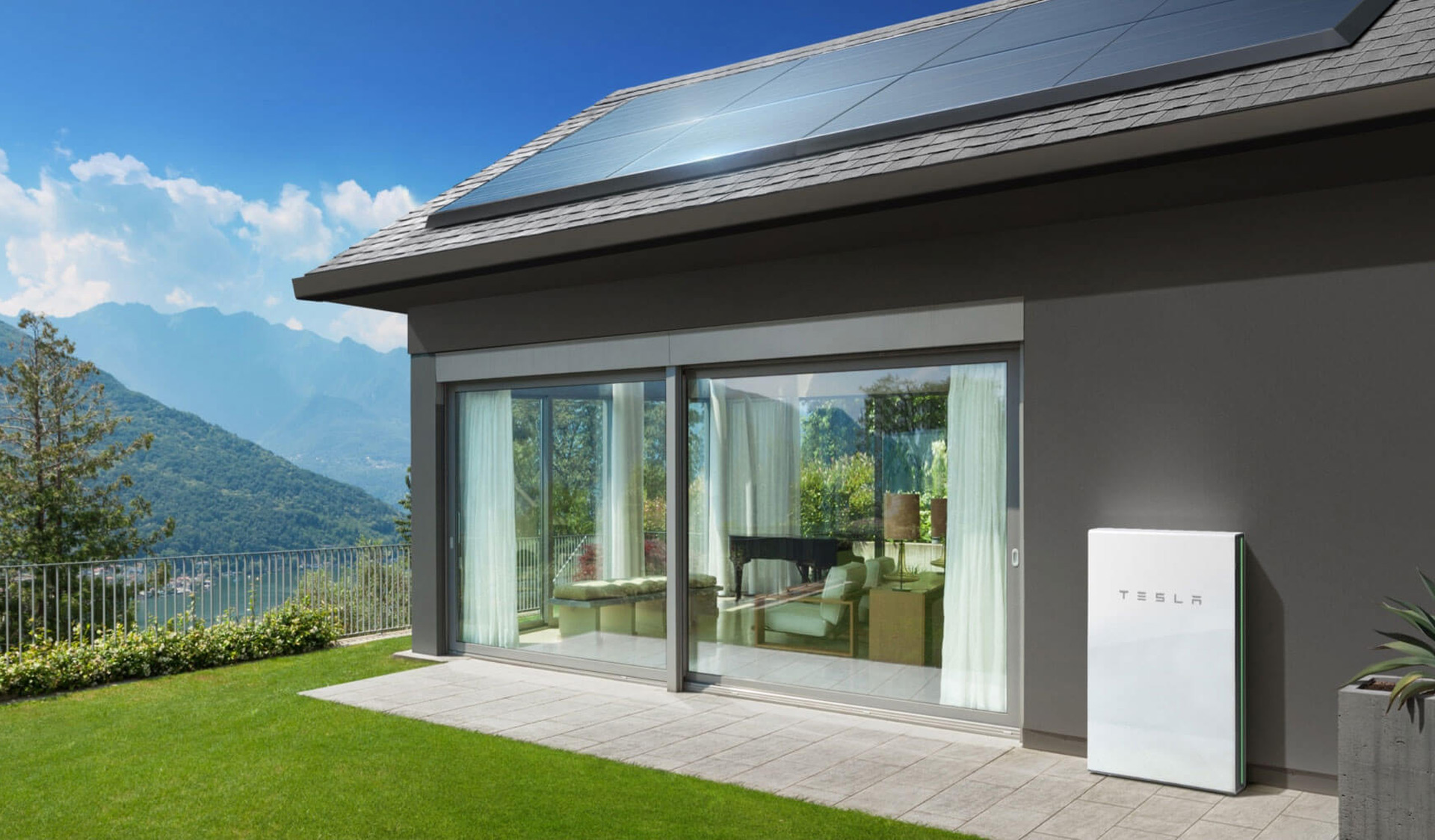Solar panels are a clean, renewable energy source that can help reduce your energy bills and carbon footprint. However, with so many options on the market, it can be overwhelming to choose the right solar panel for your home or business. In this blog post, we'll provide some tips to help you make the right choice.
-
Determine your energy needs
Before you start shopping for solar panels, it's crucial to determine your energy needs. This will help you choose the size and number of solar panels you need to power your home or business.
To calculate your energy needs, consider factors such as the size of your home or business, your energy usage habits, and your local climate. Consider any future energy needs, such as plans to add an electric vehicle or home appliances.
-
Consider the type of solar panel
There are three main types of solar panels: monocrystalline, polycrystalline, and thin film. Monocrystalline solar panels are the most efficient type but also the most expensive. On the other hand, polycrystalline solar panels are less efficient but more affordable, while thin-film solar panels are the least efficient but also the most affordable.
When choosing a solar panel type, consider your energy needs and budget. If you want to maximise your energy production and are willing to invest more upfront, monocrystalline solar panels may be the best choice for you. On the other hand, if you're looking for a more affordable option, polycrystalline or thin-film solar panels may be a better fit.
-
Evaluate the warranty and lifespan
Solar panels are a long-term investment, so it's essential to consider the warranty and lifespan when choosing a solar panel. Most solar panels have a warranty covering materials and quality defects. Look for a solar panel with a long warranty period, as this can provide peace of mind and help protect your investment.
In addition to the warranty, consider the lifespan of the solar panel. Solar panels are designed to last for decades, but their efficiency can degrade over time. So look for a solar panel with a long lifespan to ensure that you get the most value for your money.
-
Consider the installation and maintenance requirements
Installing solar panels can be complex, so it's essential to consider the installation and maintenance requirements when choosing a solar panel. Some solar panels are easier to install and maintain than others, so be sure to do your research and find a solar panel that meets your needs.
-
Look for a reputable solar panel provider
When shopping for solar panels, choosing a reputable provider is essential. Look for a provider with a track record of success and customer satisfaction. Be sure to read reviews and ask for references before making a decision.
Conclusion
Choosing the right solar panel for your home or business requires careful consideration. Be sure to determine your energy needs, consider the type of solar panel, evaluate the warranty and lifespan, consider the installation and maintenance requirements, and look for a reputable solar panel provider. You can enjoy clean, renewable energy for years with the right solar panel.



